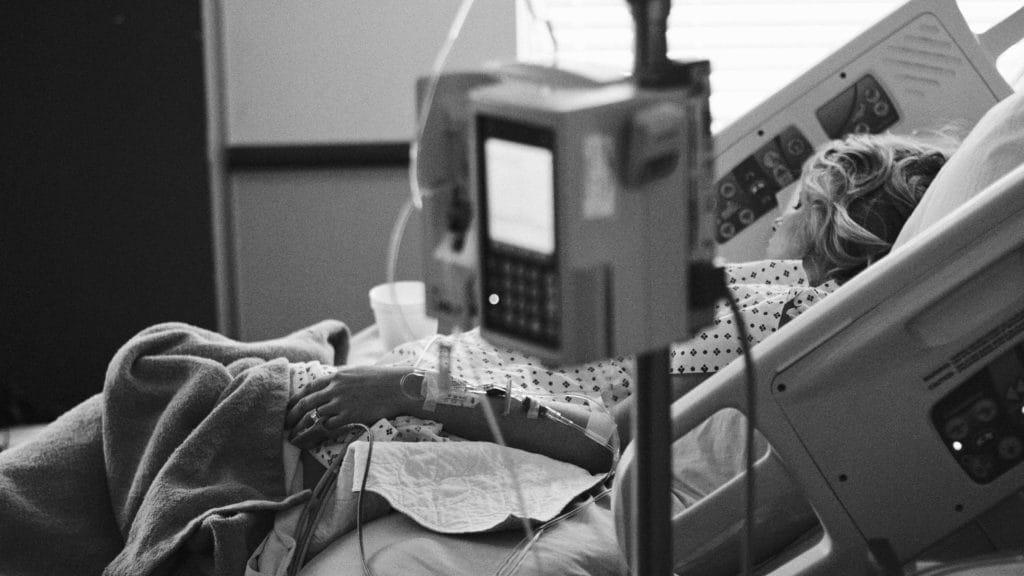Newsdirect Wales’ Health Account Manager, Alex Myles, sets out the political implications of living with Covid.
Last Friday (March 4) felt like a significant chapter in Wales’ Covid-19 story. In his three-weekly review of regulations, Mark Drakeford confirmed that all remaining legal requirements, including face mask wearing and self-isolation, will be lifted on March 28. The routine use of PCR tests will come to an end while lateral flow tests will continue to be available to order, for free, online until the end of June – no doubt a balm to many.
With less fanfare, the Welsh Government published Together for a Safer Future, its long-term coronavirus plan. Categorised by a cautious and gradual approach throughout the pandemic, ministers utter words that many, not least the Welsh Conservatives, have been waiting to hear for some time – “we can begin to plan a future where the nation lives with the virus.”
Considering that hospitalisations are at a particularly low point in Wales, few can argue that this is an inappropriate time for publication. Although cases are creeping up yet again, this is unlikely to cause undue pressure on the healthcare system.
The plan is based on two scenarios: a “Covid Stable” scenario, where infection does not present additional pressure on the health and care system, and a “Covid Urgent” scenario, where the government will respond to variants which puts people at risk of falling seriously ill. Rhun ap Iorwerth of Plaid Cymru has called for clarity here, questioning what acting quickly would look like when infrastructure has been dismantled.
As the government begin to treat coronavirus as an endemic, its focus is on protecting vulnerable people. A considerable shortcoming in Wales was when, early in the pandemic, patients discharged from hospital into social care settings were not tested, thus spreading infection among vulnerable people, which had tragic consequences. Testing will continue in social care settings, where the use of face masks and observation of social distancing will be advised. During the spring, older and vulnerable people will be offered another booster and vaccination will become an annual campaign, like it is for flu.
The plan sets out a roadmap – a word that has become inextricable to policymaking over the last two years – for the scaling back of testing.
- Step 1 (End of March): the end of most asymptomatic testing and legal duties
- Step 2 (April to June): Symptomatic testing will shift from PCR to lateral flows. People testing positive will be advised to isolate, while contact tracing and support payments will continue
- Step 3 (End of June onwards): LFTs no longer available, guidance on self-isolation amended, and contact tracing and support payments will cease
Though it should be of little surprise that Wales is the last nation of the UK to lift measures, the divergence in testing from England is noteworthy, especially as free testing will end across the border on April 1, meaning there will be a period where tests can be accessed in Wales but not in England, if the plan is to be followed by the word.
There is welcome clarity and forward-looking in the plan, but several questions remain. How the Welsh Government can afford to maintain testing and whether the NHS has the capacity to deliver yet more vaccines as it deals with record backlogs are perhaps the most pressing issues. Whether health and social care staff feel adequately protected is another – trade unions feel NHS staff are at unnecessary risk due to a lack of suitable PPE. How we continue to monitor and assess data on the virus once testing winds down is unclear, though the First Minister said the ONS survey will continue to provide a key insight into community infection. Whether the Welsh population will continue to isolate when infected or wear face masks in crowded settings when no longer legally required, conjures up some moral dilemmas.
As testing infrastructure dismantles at different paces across the UK nations, expect the war of words between the Welsh Government and UK Government to continue. The Secretary of State for Wales, Simon Hart, certainly didn’t sweeten relations when commenting that governments should have followed the same rules, something which understandably frustrated the First Minister.
While the UK Government were responsible for matters such as furlough and vaccine supply, the Welsh Government made many important decisions for Wales. It is therefore a point of real frustration for opposition parties, and more importantly, bereaved families, that the government has not agreed to a Wales-specific Covid inquiry. There have been several shortfalls unique to Wales throughout the pandemic: the incorrect dissemination of shielding letters, the publication of private Public Health Wales data, the confusing and ultimately ineffective litany of firebreaks and local lockdowns, fumbles over PPE, field hospitals that were seldom used – the list goes on.
As the government looks outwardly to provide aid to Ukraine, it is surprising that despite agreeing to a motion on the idea, there has been little effort to call on the World Trade Organisation to waive rules on intellectual property monopolies on vaccines, testing and treatments to help low-income countries develop their own Covid infrastructure. Variants with vaccine escape – as SAGE has stated – will continue to emerge, and could therefore scupper the “Covid stable” plan and bring new levels of infection into communities, just as Omicron did.
As the First Minister himself states, the pandemic is not over. It will continue to cause headaches in Cardiff Bay and beyond. We may learn to live with the virus, but how we deal, even fully comprehend, with its many consequences is another, more complex, matter entirely.



